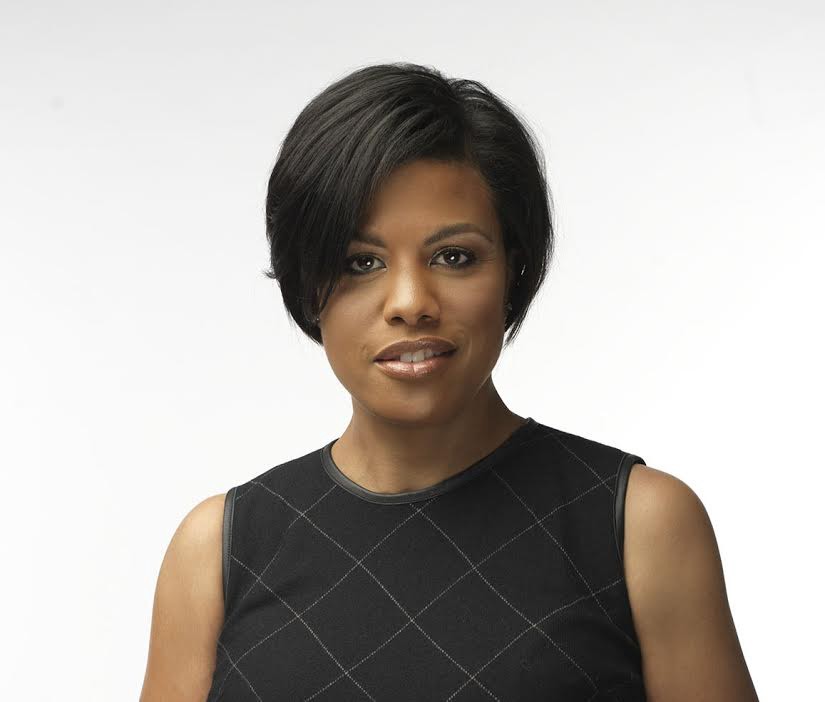When I was a young girl, I began telling my mother a story about the day’s events and I couldn’t remember the name of one of the people I was discussing. “Well, describe her,” my mother said. I proceeded to say she was black, had a round face, and maybe some other details, but when I finished, my mother gave me a look of disappointment and said, “I’m sure you can find something more distinctive to say than ‘She was black.’”
That moment stuck with me because my mother was right. Her lesson helped expand my world view of others. When I was at Oberlin, my circle of friends came from around the country and the world. That perspective has served me well as a wife, mother, and a public defender and as mayor of Baltimore. If we take the time to pay true attention to those around us, we find that people are unique and have some remarkable features that make them interesting and exciting to get to know. Most of the time, we are so focused on differences, stereotypes, and learned assumptions that we fail to honor what makes us more alike than the things that separate us.
Being a politician takes a lot of confidence and a sense of presence. Elected officials are often professionals at connecting with diverse constituencies — from the homeless mother of three to the hard-working construction worker and the high-profile corporate executive — that’s a difficult skill to master for many. I was fortunate to have a father who was an elected official and had a big personality. I used to watch him and how he interacted with all kinds of people. Some qualities I picked up from him through osmosis, but others I have worked on. I made a conscious decision when I ran for office to see all people beyond their outward appearance and to appreciate each person’s humanity and to even find myself in them. That’s made me a better public servant and a better person.
Establishing that connection with others is uniquely an American quality. No other nation is considered such a melting pot with citizens coming from every point on the globe. Regardless of whether you consider yourself a conservative or a progressive, a Democrat, Republican, Libertarian, or a Green, we share a country where hopes and expectations for a better life for ourselves and for our children can be found in the hearts of a new immigrant, the multi-generational Southerner, Native Americans in the Midwest to longtime New Englanders and even a lifelong city dweller like me. Let’s choose to celebrate who we are and see our dissimilarities as strength, not as weakness.
Having just completed one of the most polarizing and divisive presidential campaigns in our young country’s history, I hope we are now willing to find our way back to one another. Regardless of political party, religious affiliation, geography, gender, or race — what makes us great is the ability to be firm in our opinions and yet, respectful enough to listen to what others may believe as well. Our human experiences do inform how we perceive many issues. We are passionate about appointees to the Supreme Court, immigration policies, healthcare, marriage equality, taxes—the list goes on. But we can also recognize that there is much that we share in common such as a dedication to family, a commitment to serving one another and the belief that, although our democracy may be fraying at its edges as it grows and expands, we are still a great nation and can become even greater together.
Stephanie Rawlings-Blake is the 49th Mayor of Baltimore, Secretary of the Democratic National Committee, and the immediate past President of the U.S. Conference of Mayors.
Originally published at medium.com


